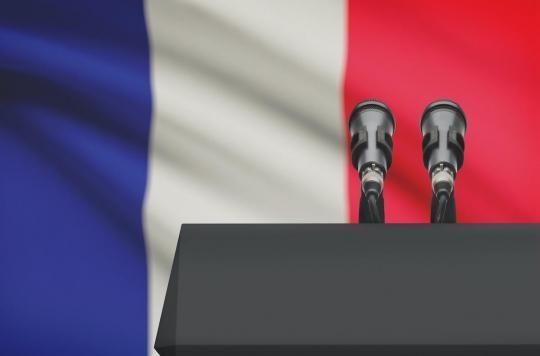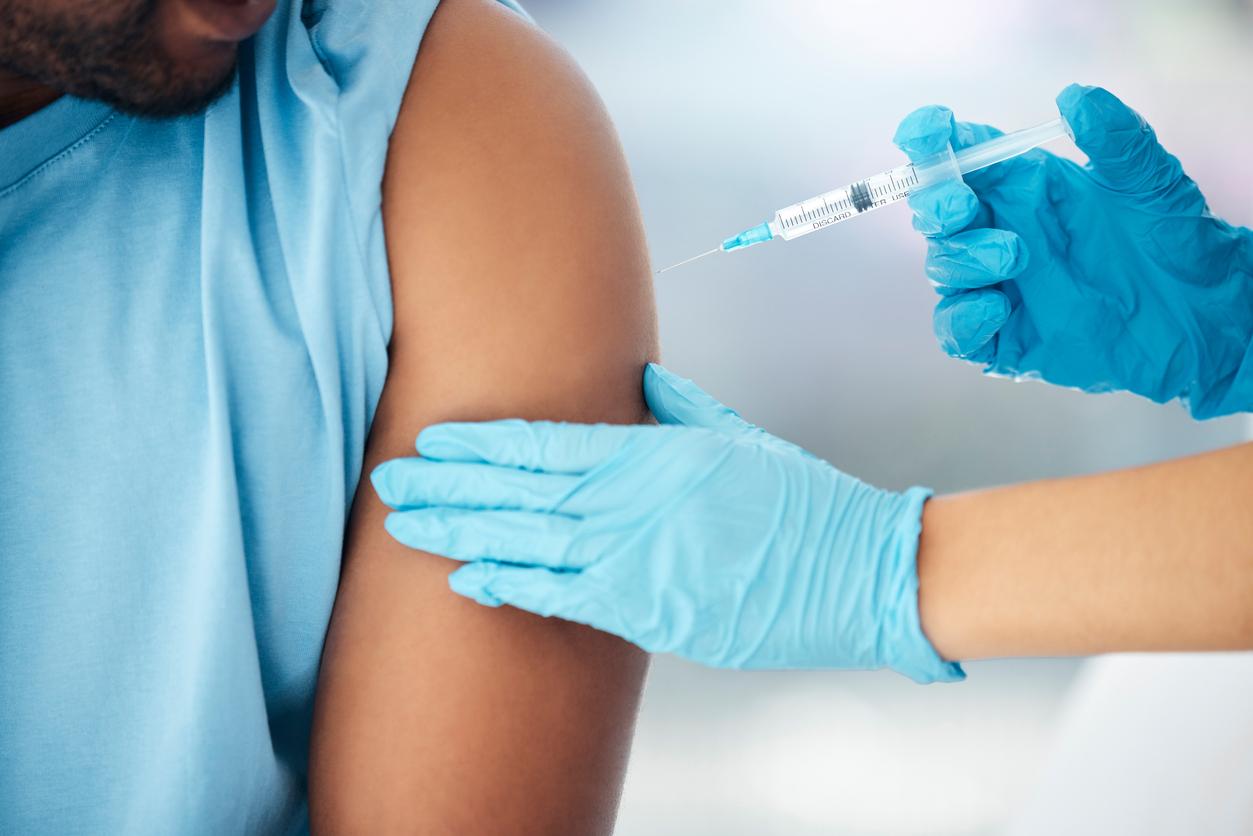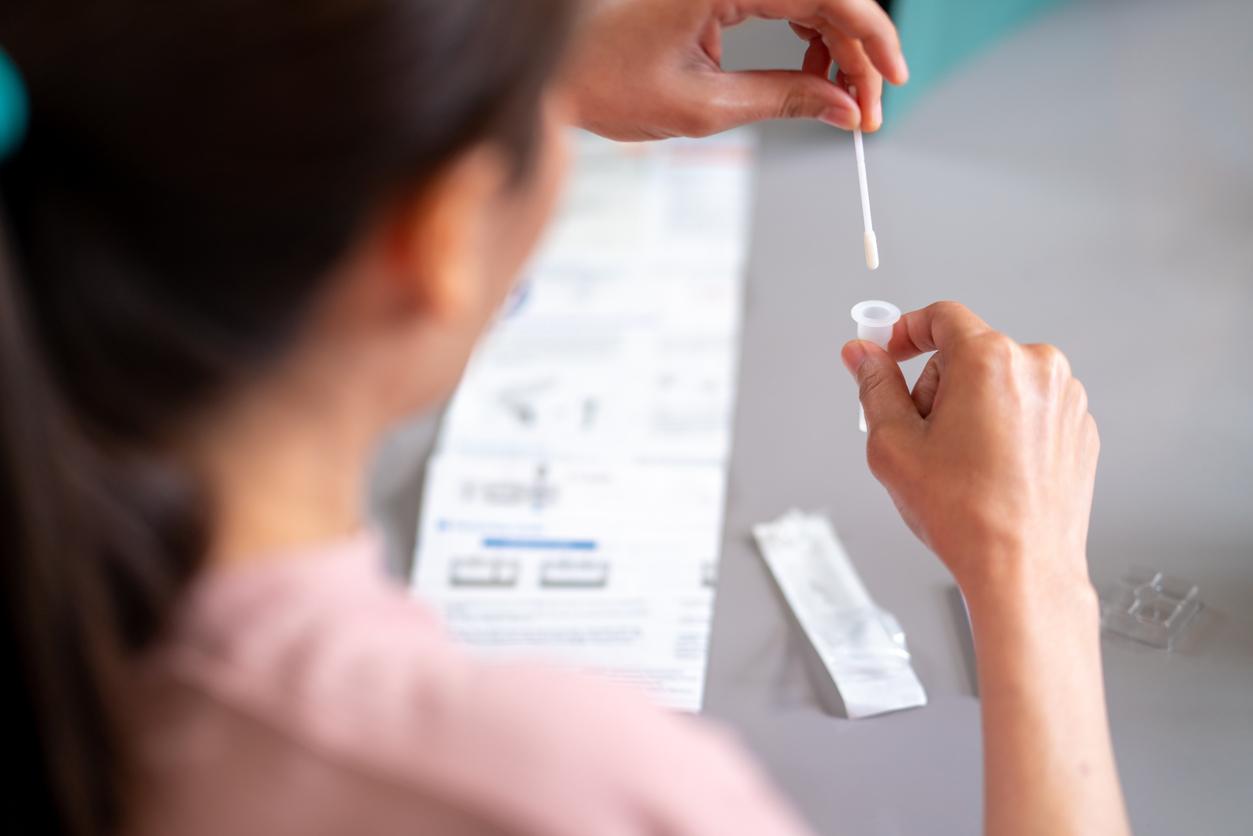The Prime Minister presented Thursday May 7 his plan for the gradual exit from confinement from Monday May 11. Most of his announcements.

The end of confinement
The health results make it possible to confirm the lifting of confinement from May 11, announced Edouard Philippe. The Prime Minister spoke of “good news” and a “new stage”. Nevertheless, he will remain active in Mayotte, which will be subject to deferred deconfinement.
Differences between departments
The deconfinement is validated on the whole of the metropolitan territory, but the departments (Mayotte in particular) are in a more worrying situation with a circulation of the virus more important than what was hoped. This is the case, for example, of the Ile de France region. The modalities for the déconfinement will be based on two several criteria, depending on the colors observed on the map.
France is cut into three diagonals:
For the departments in green, which go from Seine-Maritime to the Alpes-Maritimes, we are moving towards a new stage of deconfinement in June.
For the departments in orange (those ranging from Pas-de-Calais to Haute-Savoie), where the provisions are good but vigilance is still required.
Finally, the departments in red — which are concentrated in Ile-de-France, Hauts-de-France, Grand-Est and Bourgogne-Franche-Comté — “we can deconfine” but with areinforced discipline” according to Edouard Philippe.
The goal for all French people “is that we can live with this virus”recalled the Prime Minister, recalling the importance of distancing and hygiene measures, as well as the persistence of barrier gestures.
For people at risk, vulnerable, there will be no extension of mandatory confinement but they are called upon to respect “very strict rules of caution”.
The Minister of Health, Olivier Véran, recalled the criteria according to which the color of each department is fixed: the circulation of the virus, the hospital capacities and the capacities in terms of virological tests (“France is ready for massive testing”assured the Minister of Health by announcing the establishment of a toll-free number in the event of a problem).
Finally, hospitals had increased their capacity to 10,500 intensive care beds, the government’s objective is to return to 5,000 intensive care beds for France as soon as possible. To avoid a large crowd in hospitals, the government recommends continuing the use of telemedicine, where more than a million acts have been carried out since the start of confinement.
How to react in each situation
In case of symptoms, a doctor should be contacted immediately. He can prescribe a screening test at home, in the hospital or in the laboratory (100% covered by health insurance). If the test is positive, the doctor will ask you to remain isolated for 8 to 10 days and will alert the Health Insurance which will look for contact cases. These contact cases will themselves be invited to be tested, and to stay at home until they have received the test results.
Isolation can be organized at home, with the wearing of a mask at all times. If you live with other people, they will also need to wear masks. The Minister of Health has indicated that he You will have to stay in a specific room, avoid all contact with other people in the accommodation, and touch as few objects as possible that could be handled by other occupants. Similarly, people confined to their homes are invited to ventilate their accommodation, take their temperature twice a day, as well as disinfect all objects they have touched. This phase will last one week.
Once the result of the test is known, if it is negative, the doctor will reassess the situation, in particular by relaxing the rules of confinement. However, confinement will have to be observed for an additional week before being able to go out.
This isolation can be offered to you in suitable premises, in particular at the hotel.
nursing homes
For the elderly who are currently in nursing homes, the situation changes little. Visits remain possible under the same conditions as those experienced before deconfinement, that is to say without contact with seniors.
However, the government announces the release of aid of 475 million euros in additional credits, as well as a tax-free bonus of €1,500 for caregivers in the 33 departments where the epidemic was the most virulent, and a €1,000 bonus for other departments.
Masks
One hundred million masks will be distributed during the week of May 11 as a priority to healthcare workers and vulnerable people. The State and local authorities will provide it, as well as mass distribution, pharmacists, tobacconists and e-commerce platforms.
Schools
As announced, the reopening of schools and kindergartens is confirmed on May 11 and May 18 for colleges in green departments.
There will be a pre-start for school teachers on Monday May 11, the children will return on the 12th. Not all students will be welcomed at the same time: children from the public service have priority, as well as children caregivers and children in the process of dropping out (they are estimated at 4% according to the Minister of National Education, Jean-Michel Blanquer). It is the school that will inform parents of the terms of recovery. The children will not be more than 10 or 15 per class.
Families may choose to keep children at home. Monday, May 11, more than a million students, 130,000 teachers and 12,000 school medical officers will return to school. Similarly, 90% of the municipalities have prepared a recovery as of next week.
Transportation
Strict rules will be imposed in public transport, especially in Ile-de-France.
“The government’s objective is to enable those who must to travel while ensuring the safety of users and transport personnel.underlined Minister Elisabeth Borne.
The reception capacity will increase, with 50% of the service provided in France and a return to normal expected for the beginning of next month.
In Ile-de-France, transport will run at 75% but demand must be limited to 15%: users must therefore carry a certificate from their employer. During confinement, attendance was 6%. To prevent transport from becoming a vector of disease, it will be disinfected once a day and its use at peak times will be limited to people holding an employer certificate. Some seats will be unusable to respect social distancing.
Companies are also encouraged to arrange their time slots so that employees are not forced to take public transport at rush hour.
For trains and inter-regional travel, the offer will be voluntarily reduced (it will increase from 20 to 40% for TGVs at the end of the month). The trains will travel half empty with one in two seats condemned, the reservation of tickets will be compulsory, as will the wearing of a mask, including in stations. The absence of a mask, reserved ticket or employer certificate will be sanctioned with a fine of 135€.
Finally, journeys of more than 100 kilometers by car remain prohibited and will be sanctioned by a fine of 135€. This limit will not apply, however, if it is carried out within the same department.
Hobbies
The reopening of certain places is possible if it does not lead to large gatherings. Access to beaches, lakes and nautical stations remains prohibited except by derogation from the prefect at the request of the mayor.
“The closing of borders remains the rule and this is not intended to change”underlined the Minister of the Interior, Christophe Castaner.
Shops and economic activity
“We have lost a lot of growth and jobs”, said Bruno Le Maire. He announced the reopening of all businesses apart from cafes, restaurants and hotels. Shopping centers over 40,000m2 may reopen, except in Ile de France.
All businesses will continue to benefit from the solidarity fund until the end of May and the social charges for the last three months will be abolished.
The restart of these activities will lead to the return to work of 875,000 employees and the reopening of 400,000 businesses.
Work
A deconfinement protocol has been established to set the conditions for returning to work. Apprentices and trainees will be able to return to work. Guides set the rules by profession.
Companies are invited to offer their employees the possibility of teleworking whenever possible and to set up staggered hours.
Businesses in Ile-de-France are invited to give priority to teleworking and to limit employee travel. However, Olivier Véran refuses to speak of obligation and prefers to underline the necessary responsibility of each one.
.

















